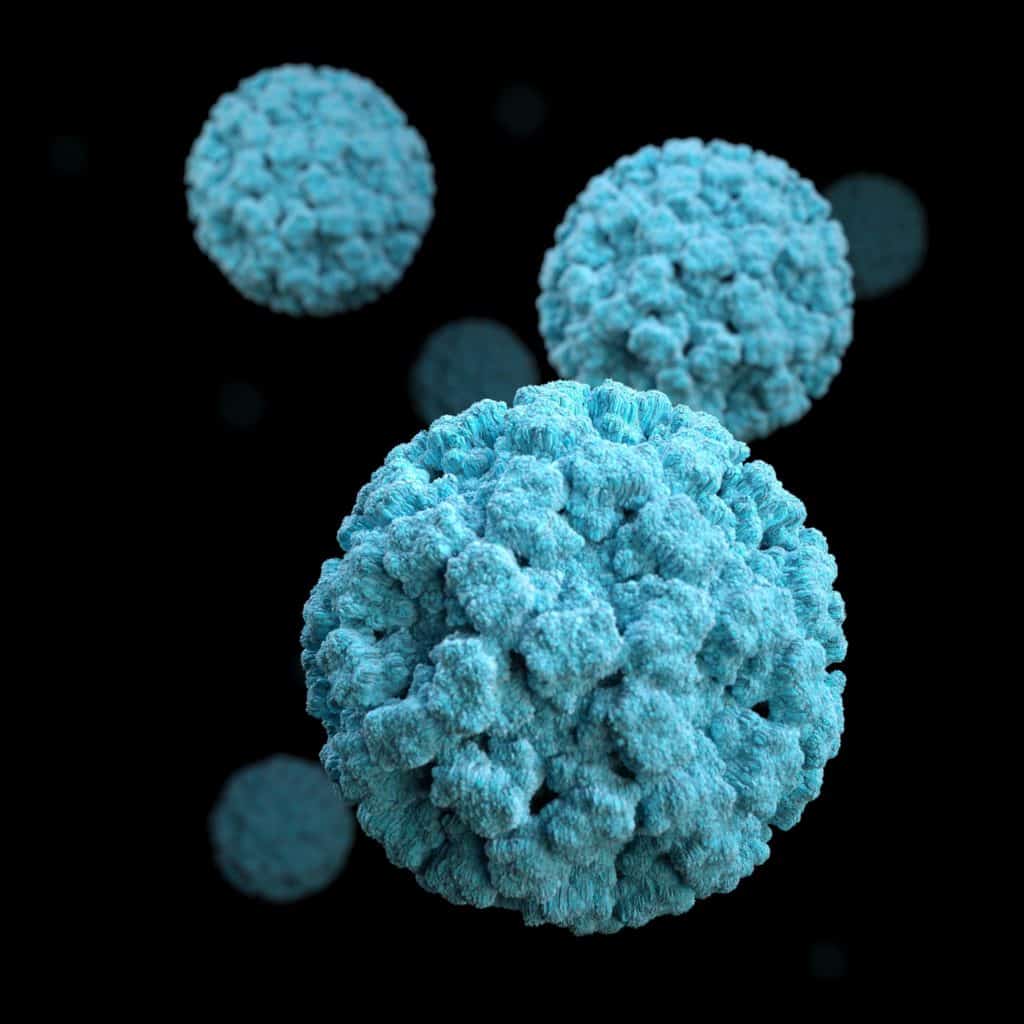Since autoimmune disorders are becoming more common, using cannabis to treat them has become a widespread issue. Affected individuals must deal with the symptoms of autoimmune diseases since there is now no recognized treatment for them.
Researchers are putting much effort into developing treatments that can either block the development of autoimmune disorders or stop them from occurring in the first place. This article will focus on the most current research on the use of cannabis in the treatment of autoimmune diseases. You need first to have a basic understanding of autoimmune illnesses before we proceed.
Autoimmune Diseases: What Are They?
When the immune system is misled into believing that the body’s normal cells are intruders, autoimmune disorders may develop. The body generates antibodies to ward against intruders when it detects foreign cells, going into defensive mode. A similar thing occurs with autoimmune diseases, only that the cells being attacked are legitimate, healthy cells in this instance. The reaction is known as “molecular mimicry” and is mediated by T-cells in charge of cell-mediated immunity.
Any area of the body where the body perceives “foreign invaders” might experience an autoimmune assault. It is known as rheumatoid arthritis when it affects the joints, Hashimoto’s thyroiditis when it concerns the thyroid glands, and psoriasis when it involves the skin. A person may experience more than one autoimmune disorder, as was previously indicated.
It is unclear what triggers autoimmune disorders. However, various individual variables that may predispose one to the same have been identified. One’s chance of developing autoimmune illnesses is thought to be significantly increased by heredity. Additionally, women are 2:1 more likely than males to get an autoimmune disorder. Since systemic lupus (SLE) affects African-American women more often than Caucasian women, ethnicity may be a factor. It is also thought that diet has a role in the development of autoimmune illnesses; eating highly processed meals with sugar results in inflammation. An autoimmune reaction might potentially be triggered by anything that could cause inflammation.
Over 80 autoimmune diseases are recognized. Typical autoimmune disorders include:
- Lupus (SLE)
- arthritis rheumatoid
- diabetes type 1
- several sclerosis
- intestinal inflammation
- Sjogren’s disorder
- thyroiditis with Hashimoto’s
- Celiac illness
Most autoimmune illnesses have specific similar symptoms. They consist of:
- Joint aches
- enlarged and sensitive glands
- extreme tiredness
- Fever
- Sweating
Traditional Autoimmune Disease Treatment
Autoimmune illnesses currently have no identified treatments. Utilizing immunosuppressive medications, specific therapies “switch off” the immune system. These medications lessen the body’s immunological response, which prevents the T-cells from detecting the “invader cells.” Unfortunately, this kind of therapy inhibits healthy immune cells in addition to the particular immune cells that are causing harm. The body is more vulnerable to infections and disorders of all types. The majority of these medications also have substantial adverse effects.
Autoimmune diseases are often treated with steroids and have both immunosuppressive and anti-inflammatory properties. Non-steroidal anti-inflammatory medications (NSAIDs) are also employed. However, long-term use of NSAIDS raises the risk of liver and renal damage and gastrointestinal hemorrhage. Consequently, individuals are looking for autoimmune disease treatments that are less dangerous. This might include dietary and lifestyle adjustments as well as the use of organic anti-inflammatory drugs.
Cannabis, white willow bark, green tea, black pepper, turmeric, and other plants and spices have anti-inflammatory qualities. This indicates that they may be used to reduce inflammation, which certain autoimmune disorders depend on to develop, but this is rarely a permanent fix.
Why does marijuana affect the immune system?
One of the first things that come to mind when most people think of cannabis is its psychoactivity. The herb’s enormous medicinal potential is due mainly to the plant’s impact on the immune system.
The idea that cannabis serves as a diversion from a severe sickness is untrue. The herb’s constituents immediately interact with immunological cells to bring about significant and beneficial changes in the body.
As a result, the plant can treat neurological conditions, prevent autoimmune illnesses, and fight cancer.
But how is it even possible? The endocannabinoid system is to blame for everything (ECS).
The use of cannabis helps calm an overactive immune system
The immune system is suppressed when plant cannabinoids interact with these receptor sites in autoimmune cells. Medical practitioners have some worries about this suppression since it may make people more susceptible to disease and various malignancies.
On the subject of cancer, however, evidence is contradictory. Additionally, in studies on animals and cells, cannabis has been shown to destroy various types of cancer cells.
These immunosuppressive effects, however, may be quite beneficial in treating autoimmune illnesses. Following his acknowledgment of the potentially harmful effects of the impaired immune response, Dr. Prakash Nagarkatti from the University of South Carolina states,
Further study of these substances may provide chances to treat a wide range of clinical diseases in which reducing immune response is advantageous.
Gene Expression May Be Affected by THC
According to a study published in the Journal of Biological Chemistry, THC plays a role in autoimmune illnesses. THC affects how microRNAs function, controlling how genes are expressed. This investigation injected THC into mice’s micro RNAs, and the findings indicated that THC might affect gene expression. The capacity to control gene expression may be helpful in the treatment of multiple sclerosis, Type 1 diabetes, and arthritis.
Effects on Immunomodulation
Cannabidiol (CBD), a compound in cannabis plants, was formerly thought to have only immunosuppressive properties. Research has recently shown that CBD may inhibit and strengthen the immune system to attain equilibrium.
In various ways, CBD inhibits the immune system in autoimmune diseases by reducing the number of T cells produced. A subset of white blood cells called T cells is crucial to the immune system’s reaction. By reducing immunity, CBD may lessen the effects of autoimmune assaults. Additionally, CBD lowers oxidative stress, which may exacerbate autoimmune diseases because CBD may upregulate the immune system when it is too repressed. Its activity is bi-phasic.
Both THC and CBD lessen the signs and symptoms of autoimmune diseases. Together, they help the body achieve equilibrium once again. They prevent the body from creating a false alert that might result in an autoimmune reaction by suppressing T-cell activity.
Inflammation Reduction
Numerous illnesses, including autoimmune disorders, are primarily influenced by inflammation. According to a University of South Carolina research, THC reduces inflammation, which helps to prevent autoimmune illnesses. THC reduces inflammation by changing the number of histones and epigenomes. Because persistent inflammation is a crucial factor in autoimmune diseases such as arthritis, lupus, colitis, MS, and others, the researchers claim that marijuana usage “may be effective in the treatment of these diseases.”
The Journal of Biological Chemistry released an online version of the research headed by Mitzi Nagarkatti, Prakash Nagarkatti, and Xiaoming Yang.
Additionally, cannabis terpenes have anti-inflammatory properties. Terpenes with substantial anti-inflammatory effects include myrcene and beta-caryophyllene. According to a 2015 Hebrew University of Jerusalem research, full-spectrum cannabis extracts—including cannabinoids, terpenes, and flavonoids—provide a more powerful, longer-lasting therapeutic impact than pure isolates. The entourage effect is a term used to describe this. However, further research must be done to determine terpenes’ effect on autoimmune illnesses.
How Can We Advance?
Little study has been done to determine the full potential of cannabinoids in treating autoimmune and other chronic illnesses due to years of cannabis prohibition. There is still more work to be done before cannabis can be officially endorsed as a viable treatment for the autoimmune disease since most of the research cited above is preliminary. However, there is cause for optimism as more and more nations begin to accept the legalization of cannabis for medical purposes. We have made progress with the approval of cannabis-based medications for treating severe pediatric seizures, such as Epidiolex. Therefore, all we can do is wait in the wings for more significant clinical investigations that will open the door for the quick acceptance of innovative cannabinoid-based medicines.


